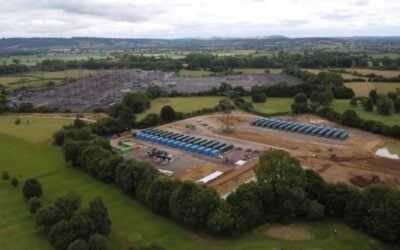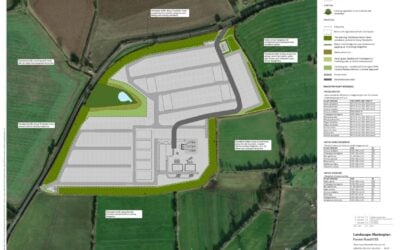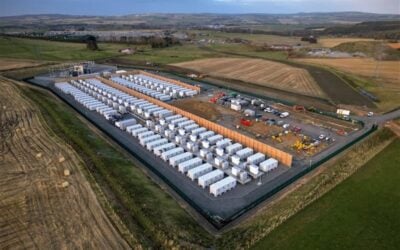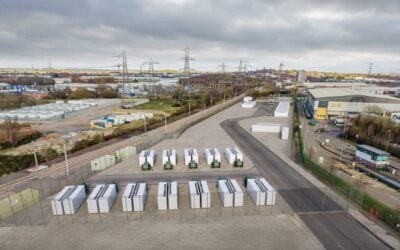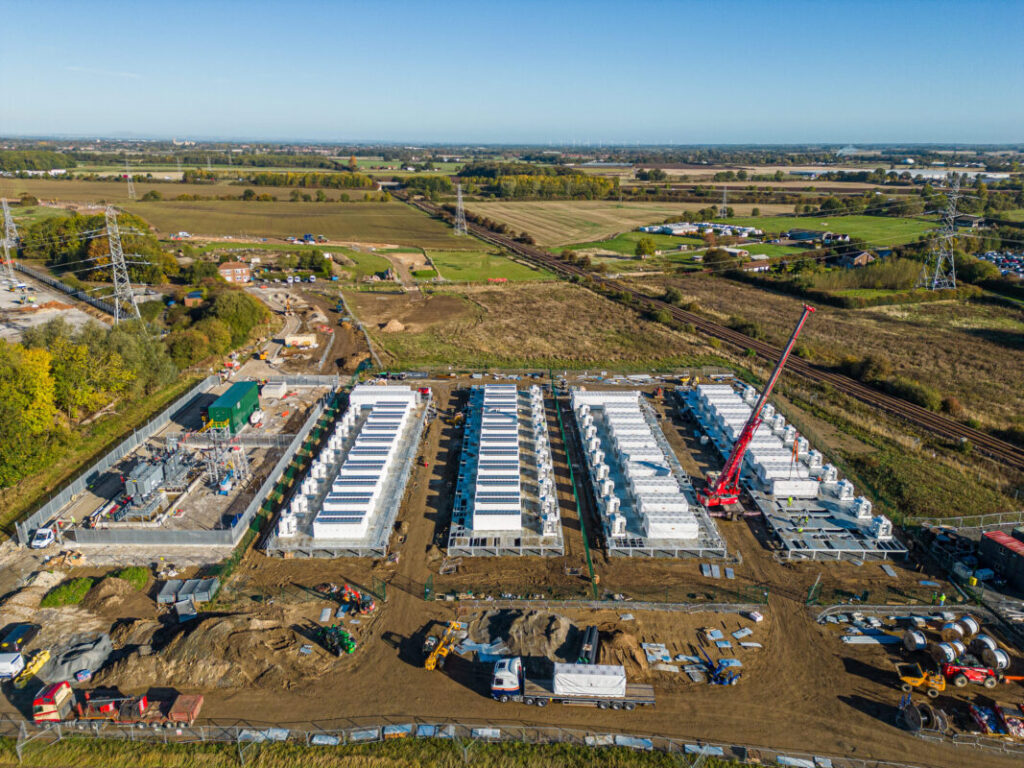
Harmony Energy Income Trust (HEIT) expects to receive offers for battery storage assets in its UK portfolio by the end of September.
On the morning of 23 August, the investor, launched by battery energy storage system (BESS) developer Harmony Energy, issued an update for its unaudited Net Asset Value (NAV), a portfolio and operational update for the three months ended 31 July 2024.
Enjoy 12 months of exclusive analysis
- Regular insight and analysis of the industry’s biggest developments
- In-depth interviews with the industry’s leading figures
- Annual digital subscription to the PV Tech Power journal
- Discounts on Solar Media’s portfolio of events, in-person and virtual
It also updated on the asset sale, which was first announced in May. HEIT had scrapped its first quarter dividend and said the fund’s stock was being undervalued by markets, leading to its decision to appoint asset manager JLL to sell some, or all, of its portfolio.
HEIT said the sale process “is progressing” and that prospective bidders have shown “strong” interest. The group claimed indicative non-binding offers are expected to be received within the next month or so.
HEIT’s portfolio includes two of the biggest BESS projects in Europe, Pillswood and Bumpers, equally sized at 98MW/196MWh each. The eight project portfolio totals 395.4MW output to 790MWh capacity (all 2-hour duration assets), of which 79% (312.5MW/625MWh) is operational.
HEIT’s NAV fell slightly (-1.4%) to £215.43 million versus the £218.53 million reported as of the end of April. The latest NAV was equivalent to 94.84p per ordinary share, down by 1.37p per ordinary share since the previous reported period.
A negative mark-to-market valuation of a HEIT interest rate swap impacted the NAV, although the impact was partly offset by the energisation of the group’s 35MW/70MWh Rusholme project in Yorkshire during the period, which has now commenced trading.
Revenues for BESS assets on the grid in Great Britain (GB) have seen a downturn in the past year or so, based largely on market saturation for ancillary services. HEIT’s fellow UK-listed BESS investment funds, Gresham House Energy Storage Fund and Gore Street Capital have both reported challenges over 2024.
At the end of June, in reporting its half-year for the period up to the end of April, HEIT said that “the worst is behind us and better, more profitable times lie ahead,” as it prepared to put three more income-generating assets into action.
However, for the three months ending 31 July, HEIT said lower wholesale market spreads meant revenues were at an average of £45.3k/MW/year, and said decreased wind generation on the GB grid during July in particular impacted BESS revenues across the market.
Low wind was coupled with low gas and carbon prices, reducing average monthly wholesale price spreads to 28% lower for July than June, while the lack of opportunity in the wholesale market drove higher competition for ancillary services, in turn lowering prices for those markets too.
There were some positives looking ahead, HEIT said. The trust welcomed the Labour government’s focus on renewables, as well as National Grid ESO’s recent publication of the Future Energy Scenarios (FES) 2024 document that emphasised the need for continued BESS buildout to support the electricity system.
While low wind production meant lower spreads and therefore lower revenues in July, August is already seeing higher levels of solar PV and wind on the grid, which HEIT said correlated with a marked improvement in revenues. It estimated that month-to-date revenues for August averaged £67.2k/MW/year in its portfolio.
To read the full version of this story, visit Solar Power Portal.

